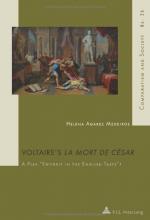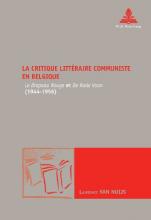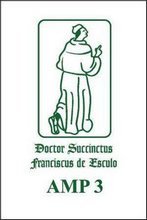
De Universitaire Stichting kan subsidies verlenen om bij te dragen in de kosten voor het uitgeven van wetenschappelijke werken in boekvorm. De subsidie kan enkel toegekend worden aan werken die aantoonbaar voortkomen uit onderzoek in een Belgische onderzoekseenheid.
OPGELET: De aanvragen voor het subsidiëren van wetenschappelijke boeken dienen te worden ingediend door middel van een "online" systeem. Dit systeem zal zowel voor de aanvragers als voor de administratie van de Universitaire Stichting het werk vergemakkelijken.
Klik deze link naar het indiensysteem, waar het reglement, een beschrijving van de te volgen procedure en de online formulieren voor het indienen van aanvragen beschikbaar zijn.
Opmerkingen over het online systeem, correcties en suggesties voor verbetering zijn welkom. Gelieve deze te zenden aan fu.us@universityfoundation.be.
Wat volgt is een lijst van boeken die sedert 2013 gesubsidieerd werden door de Universitaire Stichting. De boeken zijn gesorteerd op jaar van uitgave en alfabetisch per titel. Een uitgebreide lijst van vroeger gesubsidieerde werken vindt men onder de rubriek "Archief publicaties".
In the preface to La Mort de César (1736), Voltaire claimed to have written a tragedy inspired by Julius Caesar that, while not resembling Shakespeare’s play, was «entirely in the English taste». Such a claim has so far gone virtually unnoticed in scholarly circles, despite its intriguing nature. Furthermore, La Mort de César is commonly referred to as a cornerstone in the European reception of Shakespeare’s drama even though, according to Voltaire, his play was far removed from the barbaric, tasteless and therefore «untranslatable» Julius Caesar.
Souvent jugée sectaire et dogmatique, la production culturelle communiste de l’immédiat après-guerre et de la guerre froide n’a que rarement suscité des analyses approfondies, particulièrement dans le contexte belge qu’interroge ce livre. Proposant pour la première fois une analyse systématique de la critique littéraire dans les journaux communistes de l’époque (1944-1956), Laurence van Nuijs examine la conception de la littérature qui s’y développe au quotidien.
The texts edited in this volume deal with angelology and anthropology, and particularly with the nature and the functions of immaterial substances like angels and the human rational soul. Marchia discusses such controversial issues as universal hylomorphism, i.e., whether angels and the rational soul are composed of both matter and form (q. 13), the immortality of the soul (qq. 18-19), and the nature and the object of the intellect and will (qq. 20, 21), as well as the functionality of the angelic intellect - whether angels understand through discursive reasoning (q.



